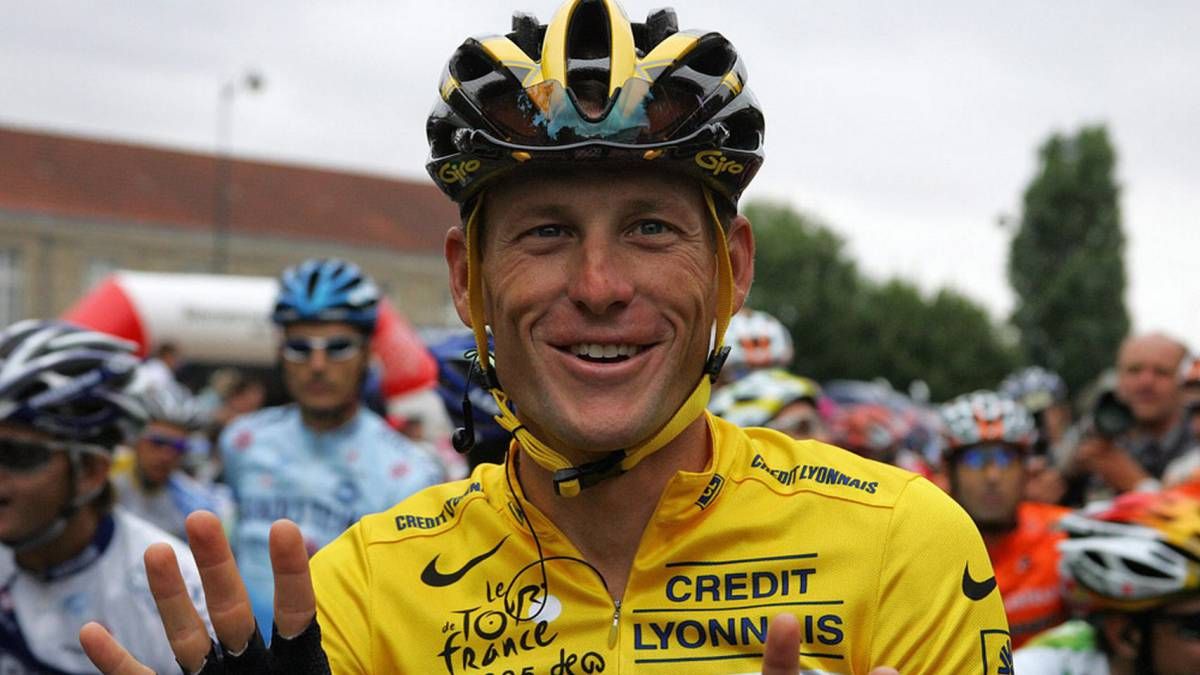Since the end of the Seifert era, things have been turbulent at DFL. Now there is an unexpected succession plan. Complicated tasks await the new in-house bosses.
With a surprising double leadership from the DFL headquarters, the quarreling Bundesliga soccer teams are to be reunited and the serious problems solved.
After the rejection of several league managers, the German Football League (DFL) relies on the internal solution with Marc Lenz and Steffen Merkel for the new appointment to the management. The two 37-year-olds will be appointed joint managing directors on July 1st. The DFL GmbH supervisory board, chaired by Hans-Joachim Watzke, decided this unanimously in a meeting, the league association announced.
The two young managers from the second management level of the DFL replace Oliver Leki and Axel Hellmann, who will only be in charge of business until the end of the month. Both “have been doing outstanding work for the DFL for years,” said Watzke, according to the DFL announcement about Lenz and Merkel. They “enjoy the highest recognition within the organization and with the clubs. They are familiar with all topics and future projects of the DFL Group, have already been part of the management level and are very well connected.”
With the new management, the Supervisory Board and Executive Committee of the DFL are hoping for quieter times. Since the end of the successful era of long-time DFL boss Christian Seifert, things have been quite turbulent in the management. Successor Donata Hopfen started her job in January last year with a three-year contract, but the DFL announced the separation at the beginning of December after internal disputes.
Since leaving Hopfen, Leki from SC Freiburg and Hellmann from Eintracht Frankfurt have been running the business, but this transition phase ends at the end of June. In the meantime, both were considered candidates for a permanent solution in the office in Frankfurt’s Guiollettstrasse – but both took the opportunity to sign new contracts with their clubs.
Dreesen long favourite
For a few weeks, Jan-Christian Dreesen was the favorite for the DFL management. But the 55-year-old also decided against the league association and instead decided to succeed Oliver Kahn as CEO of FC Bayern Munich. Holger Blask from the DFB and Bernd Reichart, head of the consulting company for the Super League efforts, who were traded in the media, were also not interested.
This is how the internal solution finally came about with two relatively young managers. Merkel and Lenz have so far worked more in the background, deal with strategic issues and have a good reputation within the DFL workforce. There are a number of major tasks ahead of them. On the one hand, the 36 professional clubs have to be reunited after the planned investment by investors fell through due to a lack of approval and differences between some clubs became very clear, especially between the top international clubs and several second division clubs. On the other hand, the preparation of the tender for the next media contract is currently underway. TV money is the league’s most important source of income.
The tender for the TV contract has at least been in preparation for some time. Merkel, who has been the DFL director for audiovisual rights since Holger Blask moved to the German Football Association, pushed the process and planned it through. Coordination with the cartel office is currently underway, and the tendering process is planned for spring next year.
Difficult clean-up work
The clean-up work after the dispute over the rejected investor entry is likely to be more difficult. “In particular, I hope that the new management, with the support of the Executive Committee, will succeed in creating a stable foundation for constructive, open cooperation between the 36 clubs,” said Watzke.
At the most recent general meeting, the DFL’s plans for the entry of an investor did not receive the required two-thirds majority among the 36 professional clubs. The DFL had promised fresh capital of around two billion euros from the deal.
Several top officials then questioned the solidarity of the professional clubs, above all Karl-Heinz Rummenigge. “16 clubs have canceled the central marketing of the DFL,” Rummenigge said as a supervisory board member of series champions FC Bayern Munich last week at the SpoBis sports congress in Düsseldorf. “This lack of solidarity on the part of the 16 clubs should be understood in such a way that you have to recommend to your own club that we market ourselves.”
In particular, the separation of the first and second divisions was threatened more or less openly. Rummenigge, for example, “didn’t want to rule that out”. He described the rejection of the investor process as “a gauntlet that has never existed before in this quality”.
Managing Director Markus Rejek from 1. FC Köln, on the other hand, said about the negative attitude and the missing two-thirds majority: “That was perhaps a pointer to the way we treated each other.” That should wake you up now. “Maybe we’ll say in a few years that that was the turning point from a certain backroom politics to a better togetherness.”
Source: Stern
I am Pierce Boyd, a driven and ambitious professional working in the news industry. I have been writing for 24 Hours Worlds for over five years, specializing in sports section coverage. During my tenure at the publication, I have built an impressive portfolio of articles that has earned me a reputation as an experienced journalist and content creator.




